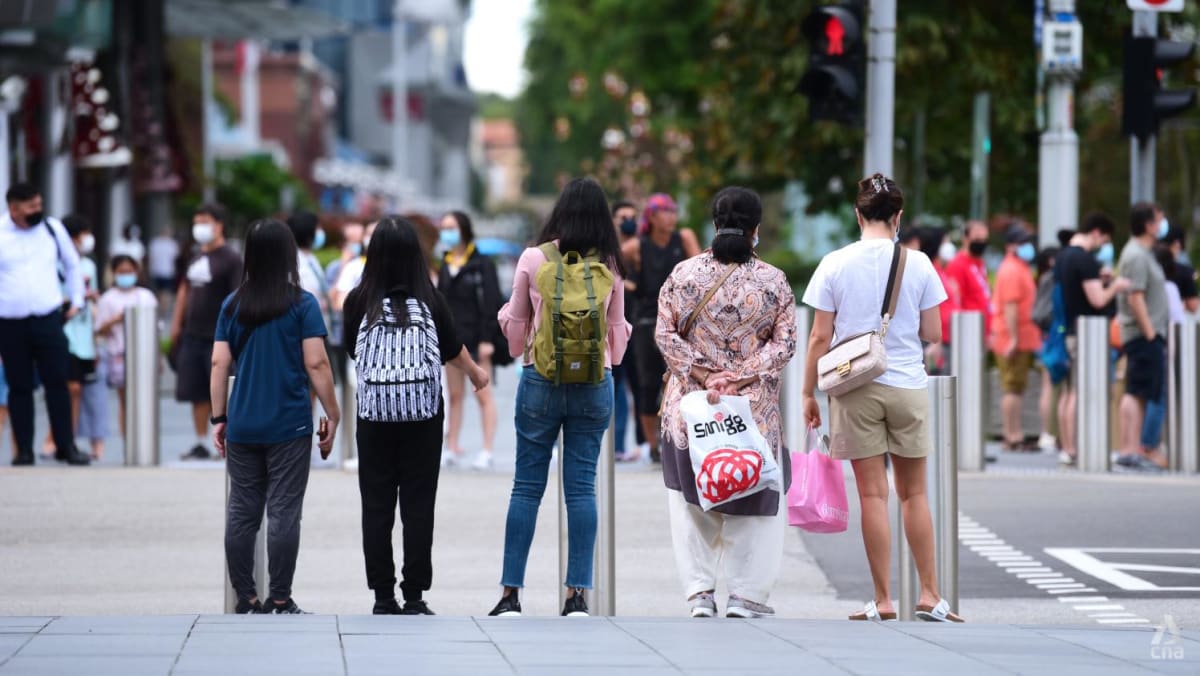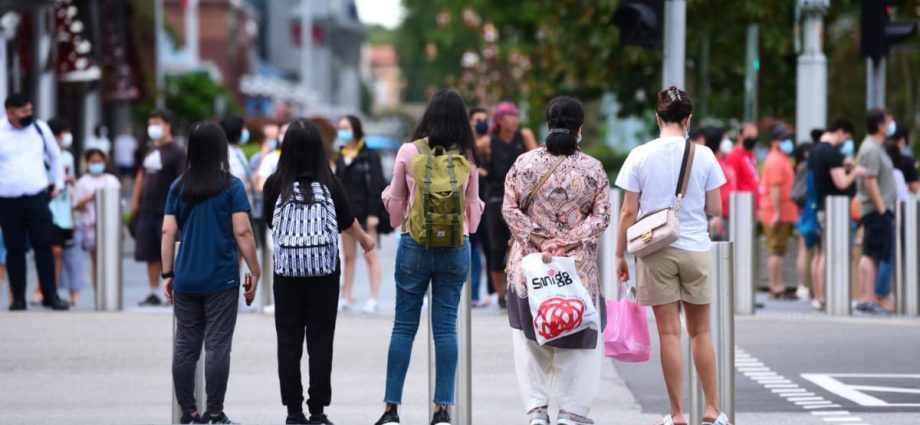
In June, CASE raised concerns about the rising use of BNPL services, which it described as potentially giving consumers a “false perception of increased purchasing power”, leading them to spend beyond their means.
The consumer watchdog noted that it received 18 complaints involving BNPL services over the past one-and-a-half-years, and urged for consumer safeguards to be put in place.
Several of its suggestions, such as setting limits for both consumers and BNPL providers, regulating advertisements and ensuring a clear recourse avenue for consumers, have since been included in the code of conduct, said Mr Yong.
“I’m also glad to see that the code of conduct incorporates consumer-friendly practices like allowing consumers to make full repayment at any time without any early repayment fees and allowing consumers to voluntarily exclude themselves from BNPL services and promotional materials,” he added.
The new code will also require BNPL providers to undergo an audit and accreditation process before being awarded a trustmark to show that they are compliant. In addition, the industry is looking to set up a credit information sharing bureau. These are expected to be completed by late-2023.
Mr Yong, in his Facebook post, said CASE is looking forward to hearing more about these initiatives, although it hopes that they can “be expedited so that consumers who intend to use BNPL services can approach service providers compliant with the code of conduct”.
Meanwhile, Mr Yong urged consumers looking to use BNPL services to understand the terms and conditions before entering into a BNPL agreement, as well as set aside money for monthly instalments.
Those who encounter disputes with BNPL service providers can also approach CASE for assistance, he added.

